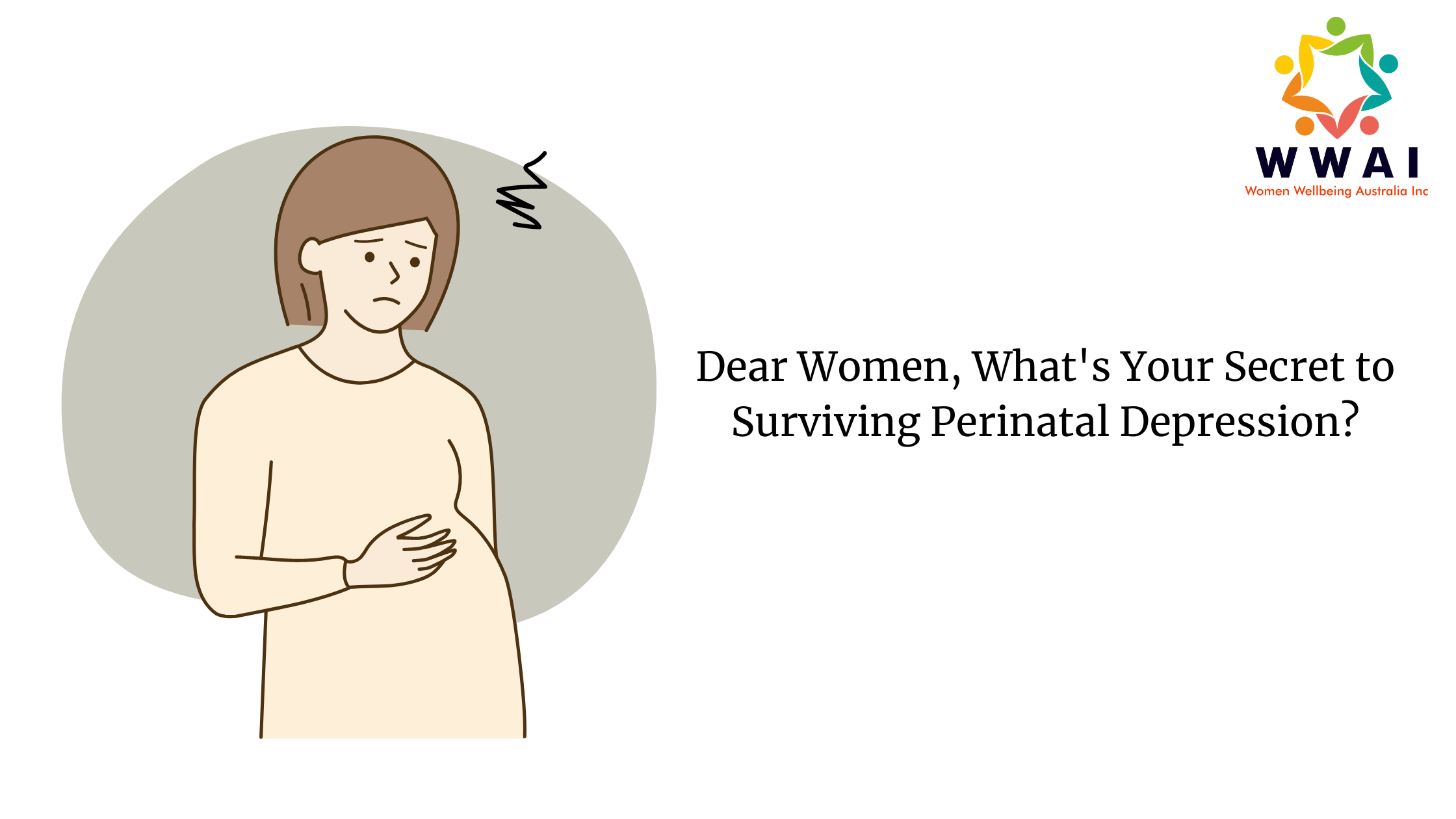Dear Women, What’s Your Secret to Surviving Perinatal Depression?
Have you ever felt so sick that you were afraid to get out of bed? Or been so sad, lonely, and hopeless that you felt like a burden to everyone around you? If so, it’s called perinatal depression. Perinatal depression is more than just feeling down because of the stress of pregnancy; it also has many physical symptoms. With the help of blogs, online forums and websites on perinatal depression, women can connect and share their stories. This article explores the different ways in which women have been finding support from other women.What is Perinatal Depression?
Perinatal depression is a mental health condition that can affect expecting mothers during the early stages of pregnancy. Symptoms can include sadness, anxiety, loss of interest in life, and difficulty concentrating. Perinatal depression can lead to significant marital problems and a higher risk of developing postpartum depression if left untreated. There is no definitive answer to how women can survive perinatal depression. However, experts recommend that mothers try to maintain a positive outlook and seek support from friends and family members. Additionally, they suggest exercising regularly, maintaining a healthy diet, getting enough rest, and avoiding alcohol and cigarettes. If you are experiencing symptoms of perinatal depression, please don’t hesitate to reach out for help.Signs of Perinatal Depression
Perinatal depression can be a severe medical condition affecting mothers and their babies. If you or someone you know is exhibiting any of the following signs, it is essential to get help:- Loss of appetite or weight loss.
- Sleeping more than usual or feeling exhausted.
- Having trouble concentrating or making decisions.
- Feeling irritable or angry for no reason.
- Having thoughts about harming oneself or taking one’s own life.
- Experiencing Perinatal mood swings, such as feeling high or low most of the time, being obsessive about certain things, or having episodes of crying for no reason.
- Recurrent physical symptoms include headaches, back pain, diarrhea, and vomiting.
